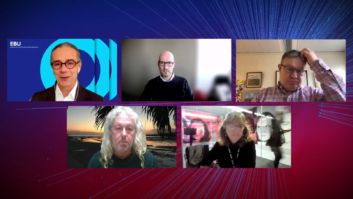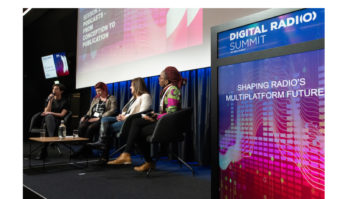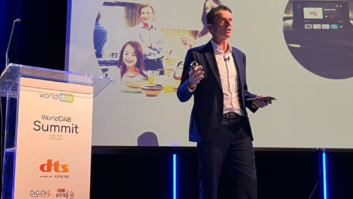LONDON�The pressure on spectrum in the UHF band, where Digital Television is mainly implemented, has given rise to the idea that Band III could be used to replace the frequencies which may no longer be available to DTT,according to the EBU.�In a growing number of countries, Band III is used to accommodate DAB / DAB+ digital radio services. As a result, it would be impractical to move free-to-air DTT services out of bands IV and V into band III (due to growing demands for this spectrum from mobile services).

ITU�sGE06anticipated these developments and ensured that sufficient spectrum in Band III was allocated to digital radio. The radio industry has already given up any claim to L Band spectrum. However, the international development of DAB / DAB+ means this is not a feasible option for Band III,according to WorldDAB.�
Norway and Switzerland have already planned for Digital Switchover between 2017 and 2024 which means that band III will become the most important radio broadcasting band in those countries.
Germany, Netherlands, UK, Denmark and Italy are taking steps to follow suit.� Other markets taking early steps include Poland, France, Belgium, Czech Republic and Austria.� Outside Europe, DAB+ in band III is well established in Australia, and a growing number of markets are embarking on trials, including South Africa, the Gulf States, and Thailand.
�DAB digital radio is becoming firmly established as the core future platform for radio. Retaining Band III for radio is of critical importance both to listeners and to the long term health of the radio industry.
�We encourage spectrum regulators to recognize the benefits which digital terrestrial radio brings to listeners (e.g. greater choice and clearer quality reception) and also its ability to deliver reliable, free-to-air information to listeners on the moveespecially in times of emergency,� said Patrick Hannon, president of WorldDAB.�












